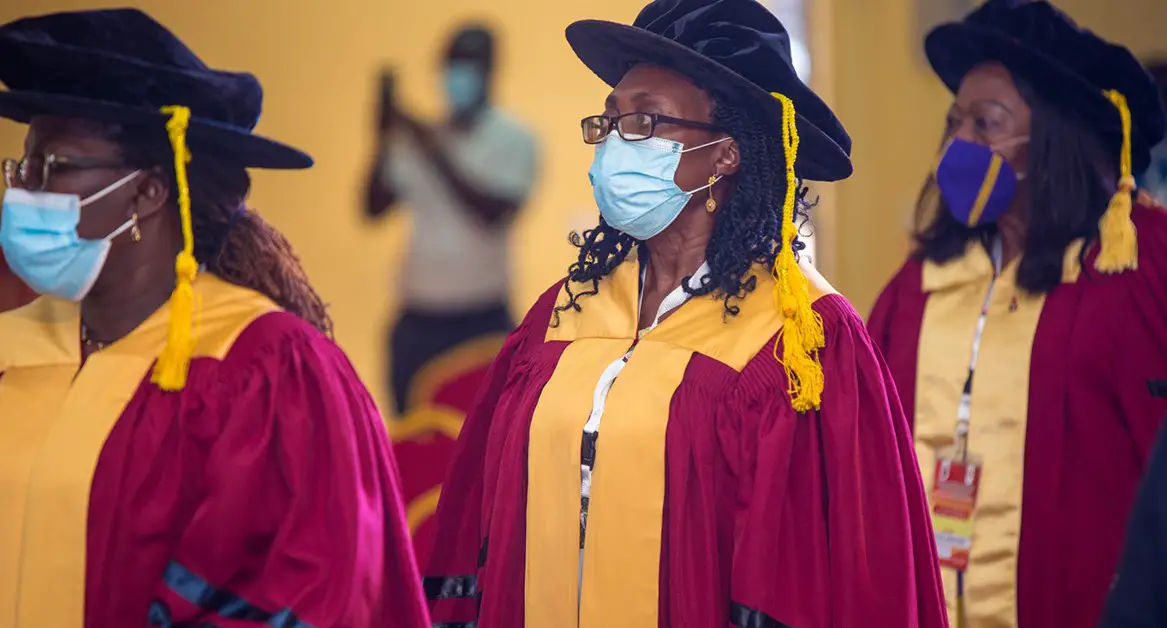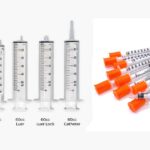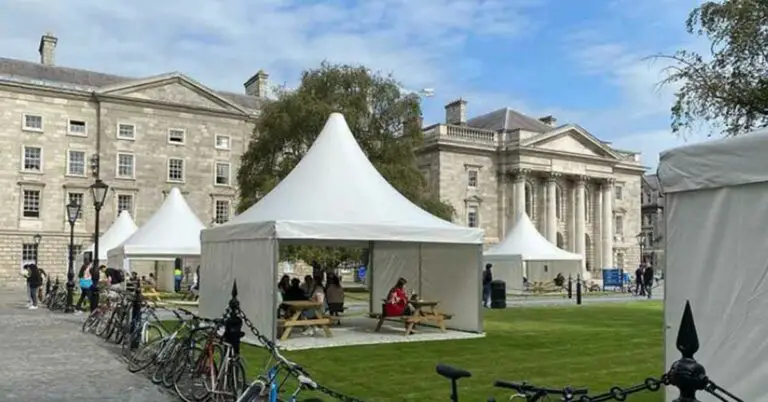The West African Postgraduate College of Pharmacists (WAPCP) is a body responsible for harmonizing pharmacy education and practice across selected countries in West Africa.
West African Pharmaceutical Federation (WAPF) was established by an ECOWAS protocol on 13th October 1976 in Monrovia, Liberia.
Representatives of the National Pharmaceutical Societies from eight West African countries – Nigeria, Ghana, Benin, Gambia, Sierra Leone, Ivory Coast, Senegal, and Liberia were present. The French-speaking countries later withdrew from the body.
West African Postgraduate College of Pharmacists (WAPCP) was established in 1991 under the mandate of WAPF and inaugurated in Ghana in February 1991. The change of the name from WAPF to WAPCP was approved by the West African Health Organization (WAHO) on November 2nd, 1999.
The West African Postgraduate College of Pharmacists (WAPCP), was established to unify pharmacy practice across the West African region and currently has five countries – Nigeria, Ghana, Gambia, Sierra Leone, and Liberia as member countries.
The WAPCP holds the Annual Conference and Scientific Symposium and rotates the venue among the five member states.
READ ALSO: What you should know about the new Covid-19 Omicron Variant
How the Programme work
Eligibility:
To be eligible for the West African Postgraduate College of Pharmacists fellowship program, the pharmacist must be a registered pharmacist in a WAHO member country.
The pharmacist must also have at least three years of experience in practice. Then you can pay the admission fee of N10,000 and the service charge of N500.
The pharmacist must have completed the compulsory NYSC (for Nigerians). If you meet all these criteria, you can apply here.
The WAPCP Course Breakdown
The West African Postgraduate College of Pharmacists programme is divided into 3 main stages.
Primary Level
The Primary Level, a one-year programme. It has two five-day lecture sessions in a year. Courses on Toxicology, Pharmacy Management, Public Health Pharmacy, Principles of Pathophysiology and Therapeutics, Drug Action, and Basic Pharmacokinetics, Pharmaceutical Care, Communicable Diseases, Biostatistics, Health Policy, Laws and Ethics, Communication Skills, etc are taken.
A seminar is presented on selected topics at the end. The unit load of this programme is 48 units (each unit equates to 8 hours).
All registered candidates of the Primary Level are called Affiliate Members. Eligible candidates who have the necessary postgraduate degree can skip this Primary Level if the transcript meets the criteria.
Part One (I)
A two-year programme that consists of two 5-day lecture sessions each year. Part I and Part II will require the pharmacist to choose a specialization. Courses taken at this stage depend on the faculty. The faculties available are:
- Faculty of Clinical Pharmacy
- Faculty of Community Pharmacy
- Faculty of Drug Production and Quality Assurance.
- The Faculty of Public Health Pharmacy
- Faculty of Social and Administrative Pharmacy
Part I has a total unit load of 64 (each unit amounts to 8 hours). Seminar presentation on selected topics and Residency I (Experiential Learning) is done at the end. The programme can be run for a maximum of 4 years.
Successful candidates, at the end of the Part I programme, become members of the College (MPCPharm). All students of the Part I programme are called Associate Members.
Part Two (II)
The Part II programme of the WAPCP is a two-year course. Two 5-day lecture cycles are done per year. The unit load of the programme is 80 units. A seminar is done towards the end of the programme.
All the candidates in the five different faculties in the pharmacy postgraduate training are expected to write and defend their dissertation at the end.
Also, candidates undertake their residency, write their reports, and defend it accordingly.
Candidates can defer their dissertation defence. If a student passes the Dissertation defence but fails the Theory examination, he will repeat both of them next year.
If a candidate passes the Theory examination, he must defend the project the same year or next year. Failure to do so will result in repeating the Theory examination.
This programme can be run for a maximum of 5 years.
Examination
The WAPCP organizes examinations every November for Part I and Part II candidates.
To qualify for the examination, the pharmacist must have attended at least 4 update lectures. Additionally, a Part II candidate must also have satisfied the Residency requirement to sit for the theory examination.
The candidate must endeavour to return the application form with a proof of payment of fees on time to the General Secretary of the WAPCP. He should be referred by a fellow of the College.
The Categories of WAPCP Fellowship
A pharmacist with at least 3 years post-graduation, who has passed the examination of the WAPCP programme, is a Fellow by Examination. The title is FPCPharm.
Foundation Fellows: A registered pharmacist with a post-graduate degree in pharmacy and 10 years post-qualification experience at the start of the WAPCP College. At least 15 years of registration, and 5 years of experience in a particular speciality.
Elected Fellows: 10 years’ experience after a postgraduate degree in any pharmacy field, or 15 years post-qualification experience. Additionally, those that occupy positions make them members of the Council. And also, individuals that have contributed immensely to the College in the last 5 years.
Honorary Fellows with the designation FPCPharm (Hon.) are conferred to deserving individuals at the Annual General Meeting of the WAPCP. The title is given to both pharmacists and non-pharmacists from other regions not covered by WAPCP.
The Lecture Centres across West Africa
There are centres dedicated to the WAPCP lectures in the member countries. The lectures take place twice a year.
- Lagos, Abuja, Port Harcourt, Enugu, Benin, and Kano Study Centres (Nigeria)
- Monrovia Study Centre (Liberia)
- Accra Study Centre (No. 12 Gamel Abdul Nasser Avenue Ridge-Accra, Ghana)
- Freetown Study Centre (Sierra Leone)
The West African Postgraduate College of Pharmacists has released the list of successful candidates in the fellowship examinations of 2021.













How do I get admitted
Admission for 2024,how to apply